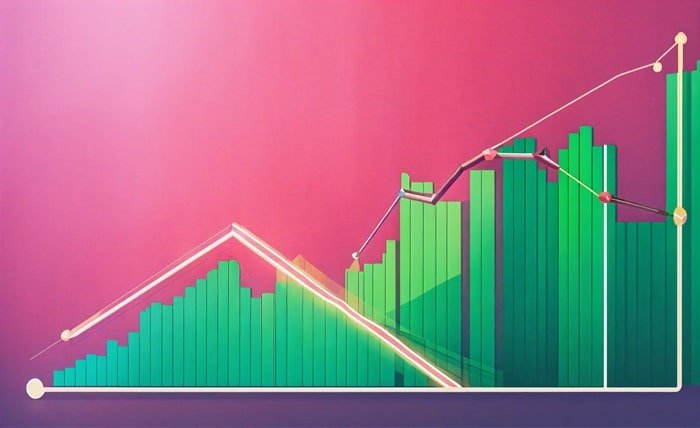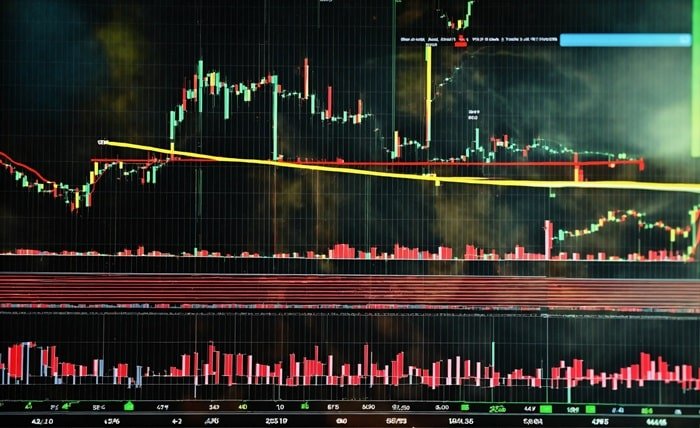Introduction
Forex trading, or foreign exchange trading, is the act of purchasing and selling currencies to make a profit. Due to its extensive liquidity, ease of use, and potential for large profits, forex trading has become quite popular with investors all over the world. But successfully navigating the forex market calls for discipline, strategy, and understanding. We’ll examine the foundations of forex trading in this tutorial, offering advice and insights to novices wishing to start this financial adventure.
Recognizing the Fundamentals of Forex Trading
Start by understanding the basic ideas of forex trading, such as currency pairs, exchange rates, and market players. Learn the meaning of phrases like spread, ask, and bid so that you can move around the market with ease.
Choosing a suitable broker
Choosing a trustworthy forex broker is essential to having a profitable trading career. When assessing possible brokers, take regulatory compliance, trading platforms, costs, and customer service into account.
Formulating a Trading Plan
Create a trading plan that is explicit and based on your time commitment, financial objectives, and risk tolerance. Whether you like fundamental analysis, technical analysis, or a mix of the two, a clearly defined strategy is necessary for reliable outcomes.
Risk management techniques
Reduce potential losses by implementing strong risk management strategies. Establish stop-loss orders, control position sizes, and refrain from excessive leverage to safeguard your investment and maintain long-term profitability.
Accepting lifelong learning
Because the forex market is dynamic and ever-changing, traders must remain educated and flexible. To improve your trading abilities, make a commitment to continuous learning via books, webinars, online courses, and analyzing tools.
Applying Discipline and Patience
Emotional restraint, discipline, and patience are necessary for successful forex trading. Even when the market is volatile, avoid making snap judgements motivated by fear or greed and adhere to your trading plan.
Monitoring news and market trends
Keep up with pronouncements from central banks, geopolitical situations, and the world economy that might affect currency markets. Make good use of news feeds and economic calendars to spot trading opportunities and control risk.
Conclusion
Forex trading has enormous potential for financial gain but needs commitment, learning, and methodical execution. Beginners may confidently negotiate the intricacies of the forex market by grasping the basics, creating a solid trading strategy, and placing a high priority on risk management.




